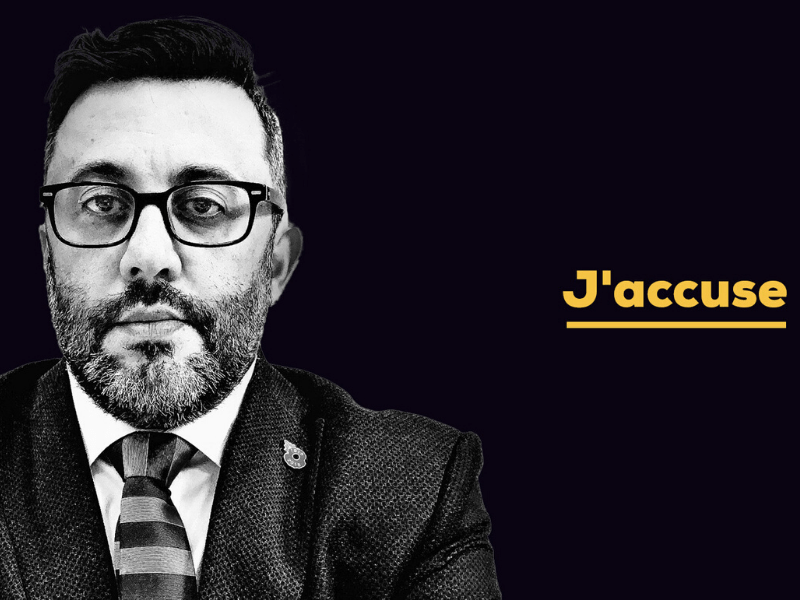It takes a very short moment of reflection to realise that the virus is only the latest test of our society’s structures.
In some circles they call it a “stress test” – deliberately intense testing used to determine the stability of a given system or entity. Stress tests push systems beyond their normal operational capacity – often to a breaking point – in order to observe the results.
Before the advent of the unmentionable war, our systems were already subject to a stress test. That stress test was a direct result of a corrupt administration that had – as the cliché goes – rotted the system to the core.
I have previously explained how the earlier tests to which our system was submitted were hard to fathom for the man in the street. The rule of law in all its paradoxical, oxymoronic simple complexity was not tangible or demonstrable. Also, a system that is flawed on the rule of law test level could still send out deceptive signals of health: the infamous asymptomatic positive cases of today.
For years on end the Maltese system of governance survived damning reports and accusations by reporting a “healthy” economy of full employment, full development and money in everyone’s pockets. The “best in Europe” living the “best of times” had nothing to worry about and those calling for justice and reform were instantly dismissed as lunatics.
Not now though. The war on a virus is the stress test nightmare that the jet-setting ex-Prime Minister must be glad to have avoided under his watch. The stress test does not wait for the legal complexities to come to the surface – the facts are out in the open for all to see. And those facts are not nice at all.
Hospitals. They are inevitably on the frontline of this war. Muscat’s reckless and corrupt contracts with Vitals (succeeded by Steward Healthcare) has been unveiled for the opportunistic, cynical sale that it was – without the slightest interest in the improvement of our systemic capacity to deal with a health crisis.
The Shift’s investigation gave us the crude reality: “The company is being paid €70 million per year, or €188,000 per day from the Maltese government for potentially 99 years – a contract guaranteeing €7 billion in revenue. These payments do not stop despite the government carrying the additional burden of a pandemic.”
A Mater Dei doctor speaking from the war front stated what should have been obvious to all: that the Gozo Hospital should serve as a hospital, not as a health centre. These words of admonishment would already have been grave enough had these been normal times. Spoken in the middle of a pandemic they serve to underline how the government of this nation has long stopped serving the common good.
The Vitals deal, strongly underwritten by Joseph Muscat and Konrad Mizzi, is the certificate of a government whose policy had absolutely nothing to do with the good of the people and everything to do with a quick buck.
Money. The economy. The first packages intended to relieve employers from the damage inflicted during the war on the virus were quickly unmasked as an exercise in number shifting and number crunching that amounted to little or nothing in concrete terms.
As governments across the world unveiled one intervention package after another, and as Ursula von der Leyen (“the nasty EU”) threw the stability pact out of the window, Robert Abela, Edward Scicluna and Silvio Schembri continued reading from the same crooked song sheet that they had learnt to sing from under master Muscat.
Labour’s inability to grasp the idea of policy for the common good was also shown up with Schembri’s hapless attack on third-country nationals.
Life before and after the ‘war on a virus’ has become a topical discussion. Apparently, nothing will ever be the same again. There are lessons to be learnt, let’s hope that this time Malta is listening.












